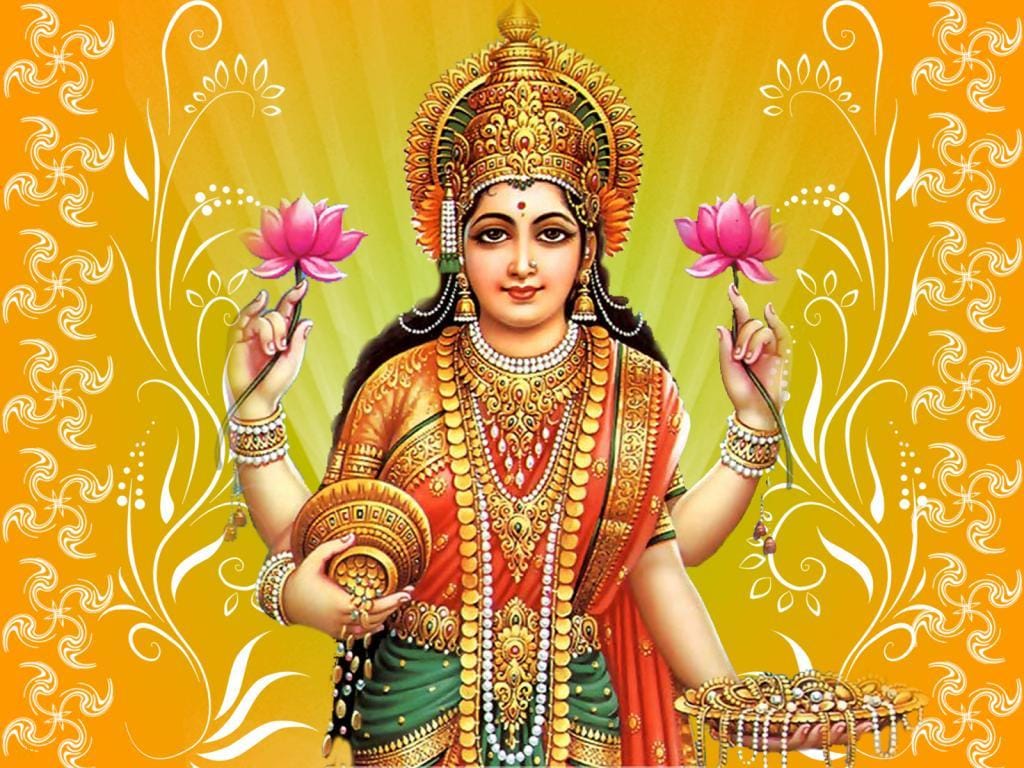Distribution of Wealth

It has been said that, "Marxism is materialistic side of Christianity because the focus is on future pleasure." Friedrich Nietzsche famously remarked, "Insanity is individuals is rare - but in groups, parties, nations and epochs - it is the rule."
When France implemented a 75% tax on the super-rich as recently as 2012, many wealthy individuals changed their citizenship to evade the unreasonable tax regime. The idea failed miserably.
Taxation and (कर) sound different. The great Rishis have spoken about - taxing like the summer season when the heat evaporates water and pours rains during the rainy season. These Rishis also mention collecting (कर) like - honey bees' gathering nectar without harming the flowers from which they collect it.
Modern capitalism turns our loving relationships into profitable exchanges, on the other hand the communist ideology has never been growth-centric. It fosters envy of the successful and entitlement of the envious. Of course, capitalism which is rooted in obsessive selfishness is as destructive as the envy-driven communist ideology.
Therefore, common sense and judiciousness urges one to be capitalist in earning and educationalist in empowering the potential growth seekers and contributors. This cultivates a cycle of productivity and sharing that creates harmony instead of conflict.
The socialist, communist and of course capitalist have all been responsible for countless deaths in the past and continue to be so. By the end of 1933, an estimated 5.5 million people had died of hunger in the Soviet Union. Of those, 3.3 million alone died in Ukraine, where kulaks were arrested, deported, and often executed. All in all, about 380,000 people were sentenced to death between 1943 and 1947, some 700,000 German, 150,000 Pole, 250,000 Ukrainian and 300,000 Soviet citizens lost their lives.
This was the life, specially when the Marxist and Lenin ideology was on peak. It was all in the name of equal distribution of resources to all but they certainly did equally distribute to all but it resulted in death of millions. Therefore Stalin allegedly said, "When someone dies, its a tragedy, but when millions die, it's statistics".
The statement by Rahul Gandhi is extremely dangerous, as it creates division among all. The rich will hoard their resources elsewhere, losing impetuous to create more resources. In contrast, the poor will loose their desire to grow relying instead on toxic charity sponsored by the state, which perpetuates poverty rather than empowering them to be productive.
The dharmic capitalists have been significant contributors to society. Companies like Tata's create job opportunities and most of their wealth is funded to charitable activities.
The Marwari community is one of the greatest charitable community. Of course nowadays, some of their people are spending crores of rupees on organizing lavish marriages. They provided funding for the 1st freedom struggle of Bharat, while many donors were hanged by the British government.
The same trend was evident among Gujaratis and Sindhis, they opened many educational institutions to help empower others. Unfortunately, obsessive capitalist ideas are causing lack of empathy towards their fellow human beings. Many millions are spent on lavish parties, including marriage events, causing frustration and anger among the poor and underprivileged.
The wealthy have to be practical and engage in dharmic charity, even if it doesn't come naturally to some, as it shields them from the anger of the underprivileged.
The state has no business eyeing the wealth of the resourceful, but it is the duty of the resourceful to minimize the gap between the rich and the poor, at least for basic resources. This can only occur when we adhere to the four Purusharthas, which promote balanced living through natural and ethical earning, enjoying within limits, and aiding other's growth, as it is also pleasurable and leads to a constant experience of mukti. That is "capitalism with dharmic communism". Only dharma can harmonize capitalism and communism.
The great King Yudhisthira Maharaja personally took care of 60 thousand students. Kaushalya Devi, the mother of Sri Rama, used her stipend to support educational causes. The great King Shivaji, instead of constructing anything luxurious, including temples, ignited the spirit of devotion by supporting saintly individuals who built temples within the hearts of the people. If you visit any fort of Shivaji Maharaja, you will find small temples, grand forts, expansive water bodies, and the surroundings filled with people embodying a fiery spirit of valor and sweet devotion to Sri Vitthal.
I remember reading about the Vijayanagar kingdom where the salary would be approximately thirty rupees, but yearly expenses were only nine rupees. Of course, despite this, poor people still existed within the kingdom. The "garibi hatao" can never be achieved completely.
The Mewar kings built lakes to provide water to their citizens while maintaining their spirit of freedom from tyrant badashahs. The water bodies even now supply nearby towns. The Mysore kings and Ahilyabai Holkar practiced royalty but never seized the wealth of their citizens; instead, they undertook numerous beneficial works.
It’s pertinent for sleeping citizens to at least perform the "charity of vote". Therefore, it is called "matadana". As Krishna stated in the Gita, "Charity should be given at the right time, right place and to the right person". If one hesitates to give charity then it will be enforced as super taxes, extortion and legal battles. The choice is ours - to be "charitable" or to be "taxed crazily."
